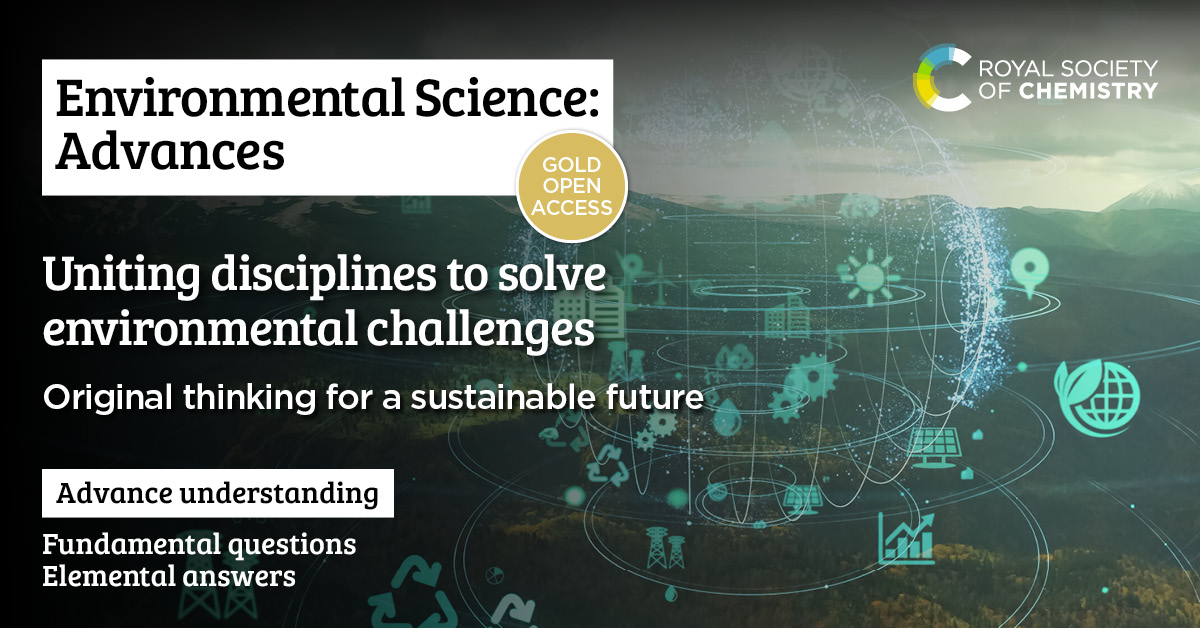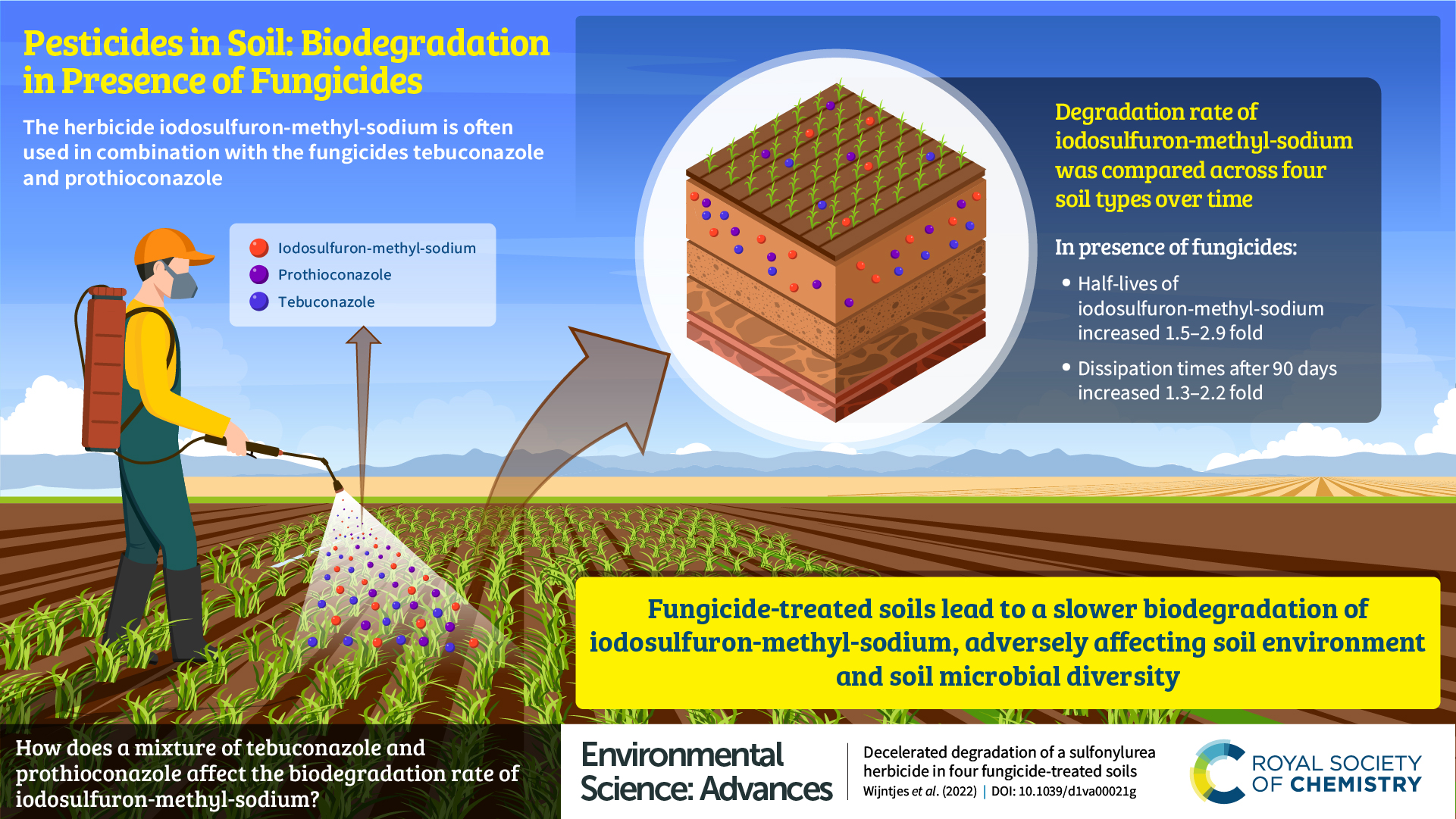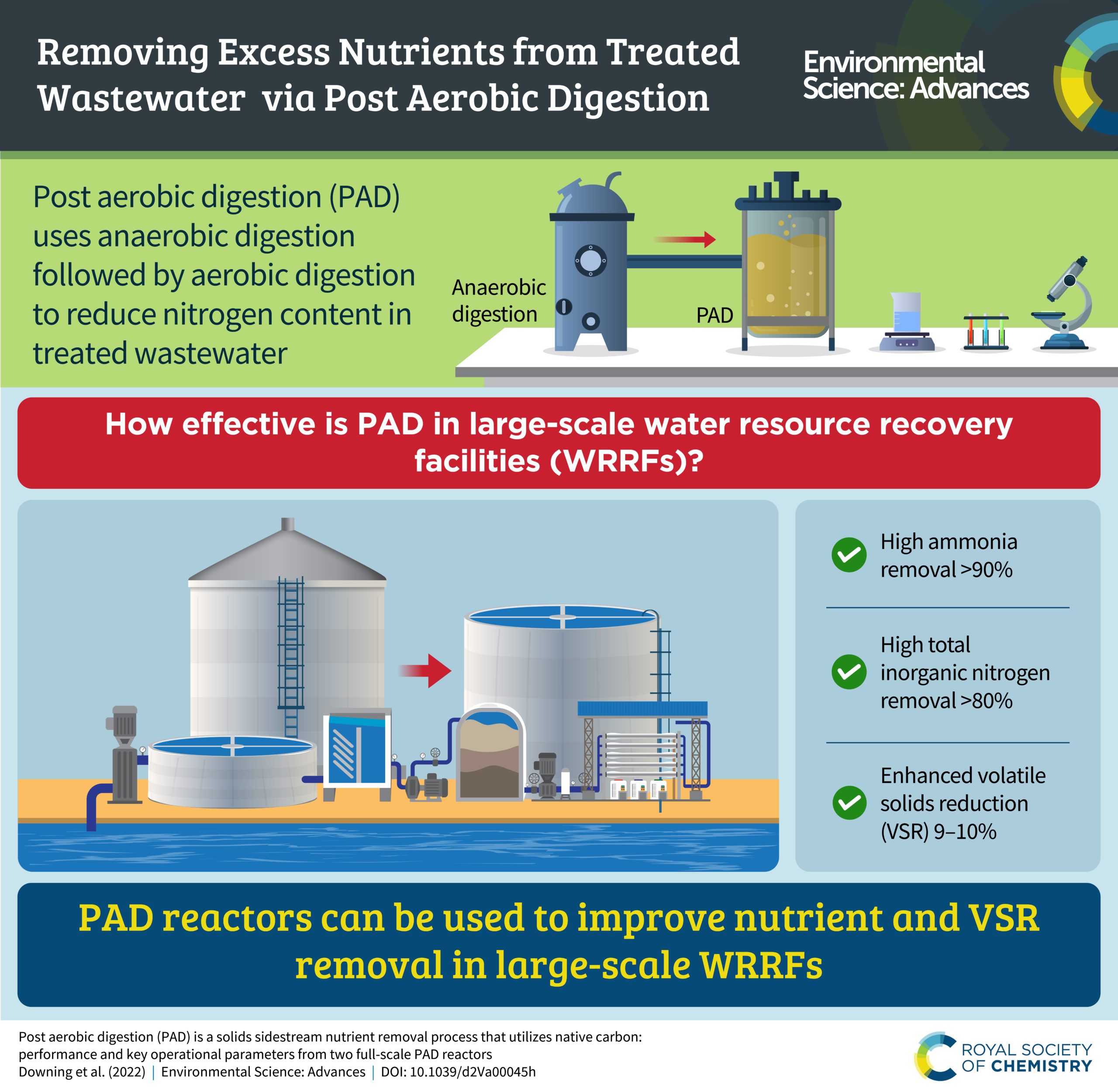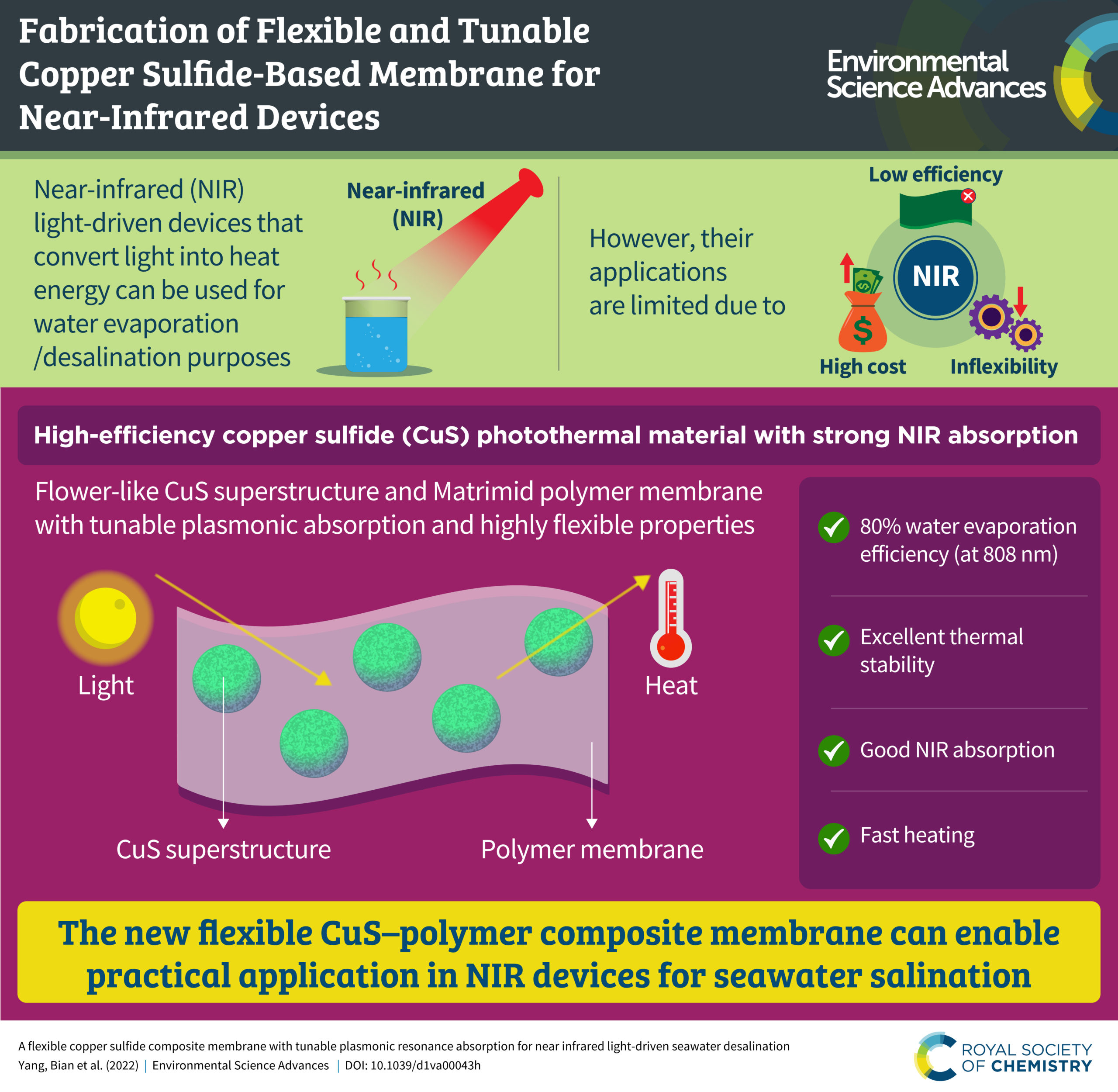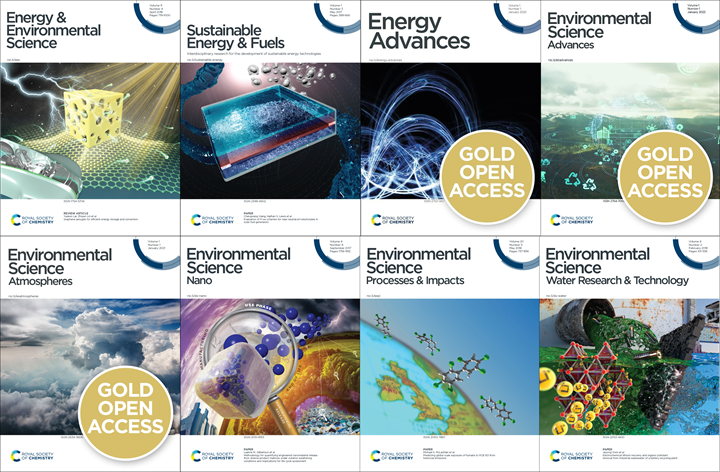The past decade has seen a huge growth in artificial intelligence (AI) and machine learning (ML) approaches being applied to challenges in chemical science. These approaches are powerful tools in improving our understanding of the environment to build a cleaner, safer, more sustainable and equitable planet. This special collection of Environmental Science: Advances welcomes all studies that use AI and ML to advance our understanding of the physical environment, environmental health, and environmental sustainability, or to provide solutions to challenges in these areas.
Article publication online and in issues will occur without delay to ensure the timely dissemination of the work. The articles will then be assembled on the RSC Publishing platform and promoted as a web-based thematic collection.
Environmental Science: Advances is a gold open access journal and covers advances in all areas related to environmental sustainability. Authors are welcome to submit original research as a Communication, Full Paper or Review article. Please contact the editorial office to register your interest or for more information. Alternatively, you can submit your manuscript here, quoting code ‘VAAIML22‘ when prompted.
Guest Editor: Hemi Luan (South University of Science and Technology)
Submission deadline: 30th April 2023
Submit your manuscript, quoting ‘VAAIML22’: https://mc.manuscriptcentral.com/va
APCs are waived until mid-2024.
